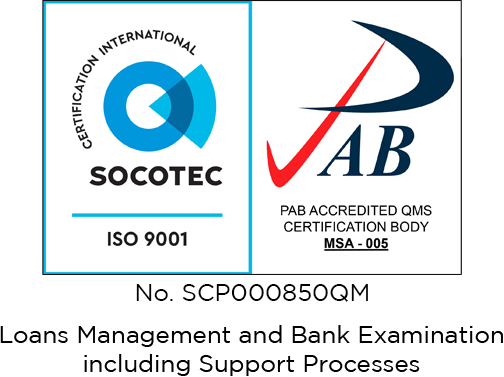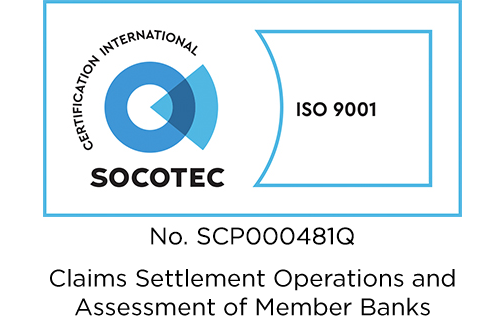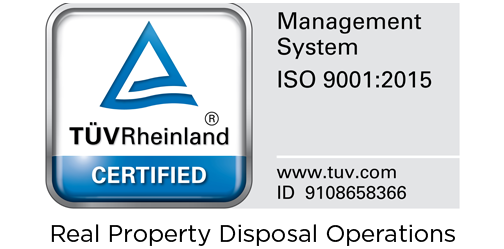| NEWS |
| Tweet |
The dynamism and creative energy of ‘Silicon Valley’* |
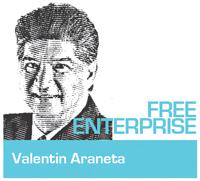
SILICON Valley is a nickname for an area in northern California between the cities of San Francisco and San Jose and surrounding areas. It is the biggest center of the information-technology (IT) industry in the United States and got its nickname from a material in the microcomputer chip that was being produced there. However, what makes Silicon Valley remarkable is that the bulk of the value of its economic output is intellectual coming from both research, and the applications and innovations that improve the lot and well-being of mankind. Commercial success also follows in the process, and Silicon Valley is reported to have the most number of millionaires and billionaires in the United States. Academic excellence and intellectual applications Stanford University is credited for being the driving force behind the development and growth of the IT industry in the Silicon Valley area. It is noteworthy that Stanford is known for vigorously fostering an atmosphere of academic freedom and education in the arts and humanities in spite of the well-known successes of its students in science and technology. However, the term Silicon Valley has transcended the limits of a geographical area and has become like a state of mind of academic freedom, enthusiasm to experiment and creativity, attracting the best minds and the support of philanthropies, as well as commercial interests. Economic spillover into the Silicon Valley/San Francisco communities The intellectual creativity and energy of the Silicon Valley/San Francisco area naturally spill over into the economy of the surrounding communities. The unemployment rate of San Francisco City is now at 4.4 percent, 1.5 percentage points below the national average. The restaurants are short of staff, and property prices are exceeding the peaks of the pre-2008 crisis levels. The companies arising from the new technologies are sprouting in the area. They are joining the likes of Apple, Google, Facebook, Oracle and HP that are headquartered in the area. Among the notable newcomers are: Uber, San Francisco-a transportation-service company using mobile to match passengers and drivers of vehicles for hire through the use of smartphones. Uber was established only in 2010 but recently hit the news as having been valued at over billion and attracting an investment of over billion from venture-capital funds. Airbnb, San Francisco-a lodging service web site that matches people who wish to rent out their residential properties to travelers. It recently received an investment of 0 million at a valuation of billion. Tesla Motors, Palo Alto, California-produces purely electric vehicles using lithium-ion batteries with ranges up to 265 miles. It recently announced that it would make its patents freely available to other manufacturers. Kiva Microfunds, San Francisco-a nonprofit organization founded by a Stanford graduate and a visiting practitioner at Stanford's Center for Philanthropy and Civil Society. Kiva enables lenders to lend online to borrowers under two channels: to microlenders or directly to the entrepreneurs. Since 2005 it has lent 4 million in loans to 1.2 million borrowers in 75 countries des borrowers in the Philippines accounting for less than 1 percent of the portfolio. Implications for the Philippines With the Philippine service industries spearheading its path to growth and development, it must aggressively seize and apply innovations and improvements in business processes and devices to attain global competitiveness. For instance, taking advantage of the services of Uber and Airbnb will help address gaps in the room and transportation capacity by the tourism and leisure industries. The processes in microlending accorded by Kiva can be of substantial assistance in the national effort toward "Financial Inclusion and Inclusive Growth." It should also be noted that it is substantially through the innovations in IT that the Philippine business-process outsourcing industry is its fastest-growing sector and now a huge foreign-currency earner. In fact, it would not be surprising that many Silicon Valley companies are clients of the BPO companies operating here. From the long-term development viewpoint, the most important thing would be for the Filipinos to emulate the atmosphere and conditions of academic freedom and creativity in Silicon Valley to become a vigorous hub of growth in the economy. The Filipino frame of mind that is evidenced by his love of freedom, willingness to venture abroad to work and high literacy is a distinct advantage. ____________________________ * Written by PDIC President Valentin A. Araneta for Free Enterprise and published in the Businessmirror on June 20, 2014. Mr. Araneta writes for the Free Enterprise column as a member and officer of the Financial Executives of the Philippines (Finex). Requests for his past articles may be coursed through ccd@pdic.gov.ph. |
back |
This website uses information-gathering tools including cookies and other similar technology. Data generated are not shared with any other party. For more information, please refer to our privacy policy.
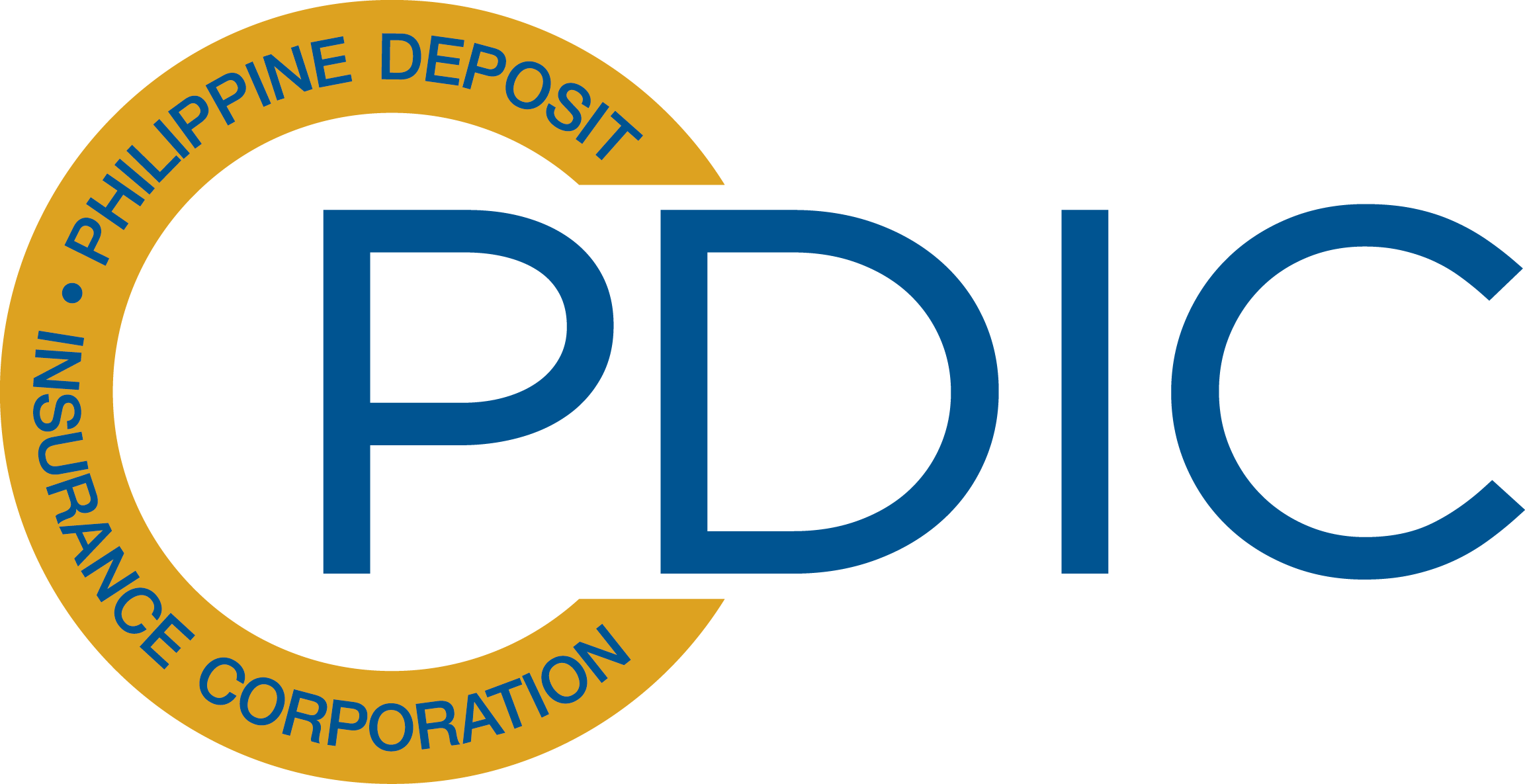 PDIC is a government instrumentality created in 1963
PDIC is a government instrumentality created in 1963by virtue of Republic Act 3591, as amended, to insure
the deposits of all banks. PDIC exists to protect
depositors by providing deposit insurance coverage for the depositing public and help promote financial stability. PDIC is an attached agency of the Bangko Sentral ng Pilipinas.

Questions? Need Help?
Click Frequently Asked Questions
Trunkline.: (632) 8841-4000
Hotline: (632) 8841-4141
(for Metro Manila clients)
Fax No.: (632) 8841-4085
Email: pad@pdic.gov.ph
Client outside Metro Manila may call
Toll Free: 1-800-1-888-7342 or
1-800-1-888-PDIC

.png?Wednesday; April 24, 2024)

Hotline: (632) 8841-4141
(for Metro Manila clients)
Fax No.: (632) 8841-4085
Email: pad@pdic.gov.ph
Client outside Metro Manila may call
Toll Free: 1-800-1-888-7342 or
1-800-1-888-PDIC

.jpeg)
.png)
